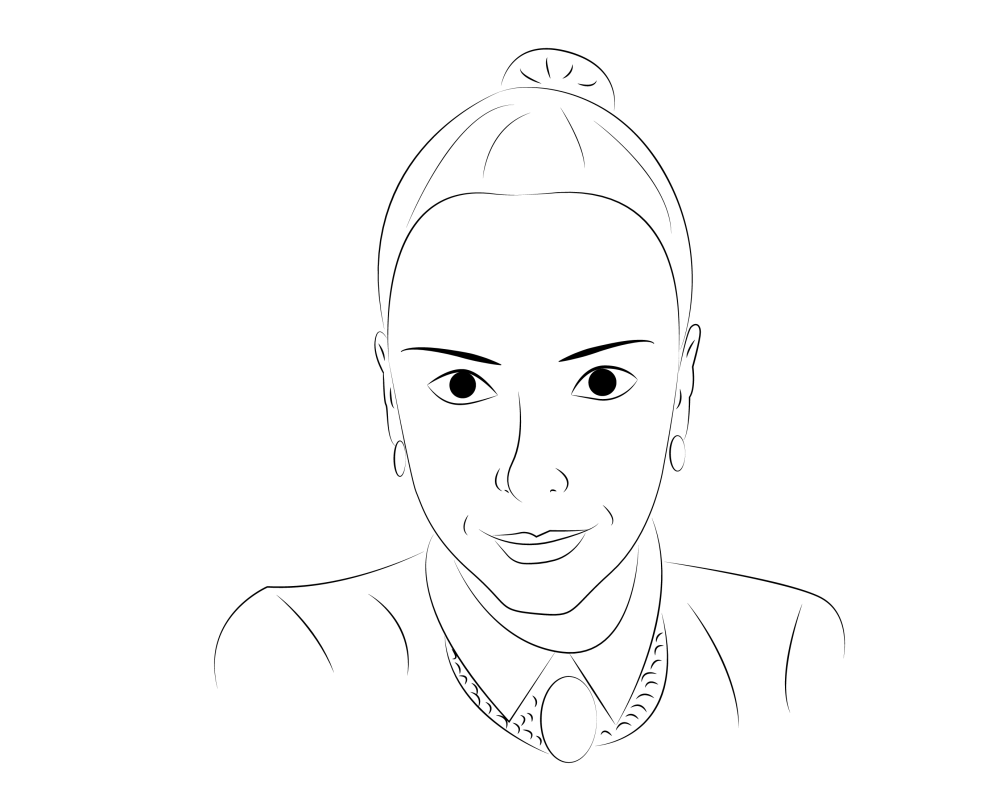Economic consequences resulted from the interaction between Cadivi and the parallel market
This unhealthy relationship between capital controls and the parallel market has brought devastating results economically, which have resulted in social and political crises at the domestic level. The problems that have perhaps had more impact in the population and have been directly caused by this interaction are shortages and price rises on basic goods and services.
1. Food Shortage Although Venezuela has several years struggling with the shortage of food, this issue has escalated since 2012-2013, when it really was started to be seen as a real and untenable problem, affecting all Venezuelans equally. The national production of basic goods does not supply the basic needs of the people, therefore, traders rely on foreign products to satisfy the demand. By relying on imports, traders need dollars, which, as already discussed above, are scarce in the country. This situation has fostered a black market where the dollar is quoted up to 15 times higher than the official rate of 6.3 bolivars per dollar. But where the problem begins with the interaction of CADIVI? With the slowness and inefficiency of CADIVI to pay the dollars that have been granted to traders, even those merchants who have been able to get money through the organ of control see themselves forced to buy in the black market in order to pay for their bought goods or not buy products at all, which is what affect the shortage of food directly. On the other hand, this is due to the absence of effective controls and supervision by CADIVI and other organs that make up the state to ensure transparency and cleanliness of the process of granting dollars with absolute adjustment to the law. Given this lack of control, law fraud occurs, leading to the immediate consequence of irregular resource management as well as the low impact on the achievement of the purposes for which CADIVI was created. On the other hand, given this economic uncertainty people tend to hoard or buy products excessively as a preventive measure before the unknown outcome of the Venezuelan crisis.
2. Price Rises in Goods and Services When the requirements of producers are not met by the government and they do not have raw material to work with, the productive apparatus stops, which forces to get dollars to supply the demand for imports. The problem of the interaction between CADIVI and black market in this case occurs when traders fail to find dollars through the control system and are forced to buy dollars on the parallel market, which in turn forces them to sell goods and services at high costs to not have lost. The immediate consequence of this process is the runaway inflation that makes worsened poverty, stagnate the other sectors that would drive the economic, social, and cultural development of the country, and the population feel that the government will not meet its requirements.
Venezuela has become a highly insecure country in economic matters; national and international investments are highly risky, it discourages savings, among other things. The Foreign Exchange Administration Commission, also known as CADIVI, has been a shaping factor in this process and has helped determine the economic crisis in the country. Thanks to the lack of effectiveness of this control board, a parallel alternative that achieves to supply the demand for dollars in the nation had to be illegally implemented. This alternative is the black market, which has been not only the solution but also the problem. As a result of the ineffectiveness of CADIVI and the creation of black market an economic insecurity in the country has been created, which has resulted in social and political crisis. The market constantly fluctuates, products go into and out of the shelves, inflation increases caused by the gap between the official and the parallel dollar, and the population increases in their discontent.
In 2014 President Maduro said that CADIVI would stop working by 2015 and only SICAD I and SICAD II will remain in place, which have the aim to close the gap between the official and the parallel dollar as a way to reduce inflation. Little is known about how this will evolve and whether there will be enough control from the State to avoid corruption. What it is certain is that good policies need to be implemented in order to reduce the economic crisis and would be advisable that all available options for economic improvement are not just evaluated but put into practice.
First Part: CADIVI
Second Part: The parallel or black market


